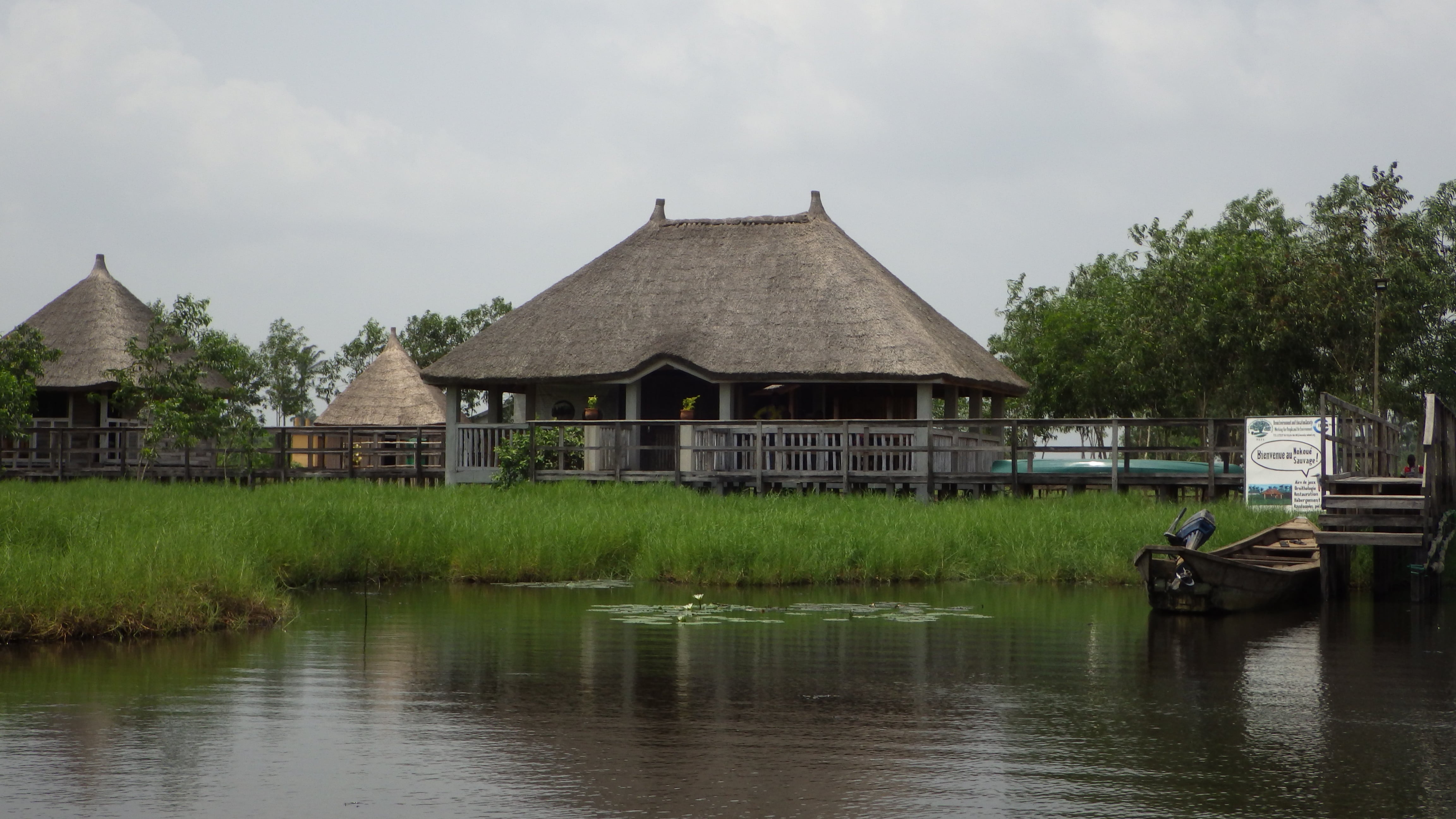- Ecotourism
- Bénéficiaire BEES - Benin Environment and Education Society
- Montant du projet € 72 826
- Subventions FFEM € 35 000
-
État du projet achevé
Located in the south-east of Benin in the Atlantic department, Lake Nokoué is the country’s largest brackish water area (180 km2) and one of the largest lagoons in West Africa. Two categories of avifauna meet on this site, an integral part of Ramsar site 1018 and Zone of Importance for the Conservation of Birds (IBA): migratory birds (44 species between Palearctic and inter-African migrants) and residents (54 species) . This lake ecosystem is threatened by urban development and by overexploitation of fish and forest resources on the banks. The main economic activities of the inhabitants of the Lake Nokoué region are agriculture and fishing, but its tourism potential is also known nationally and internationally.
This project is based on the results of a previous PPI (closed in 2013) which made it possible to issue a municipal decree for the integral protection of mangroves and waterbirds on part of the Lake (in the districts of Sô Ava , Vecky and Ouédo) and to launch the promotion of another form of tourism in southern Benin, based on bird watching. It was thus noted, through these first experiences, that visitors were eager to access a better quality of services, particularly in terms of reception, guidance and especially accommodation possibilities.
The project, initially planned to be extended to other municipalities, has been reformulated with the support of the French association Tetraktys, in order to professionalize the eco-tourism part; in fact, it aims to promote the tourist destination “Lake Nokoué”, by creating a synergy between all types of actors (hoteliers, associations of guides, NGOs, artisans, local authorities and members of the population) as a lever for economic development. . Specifically, it aims to strengthen local capacities in order to promote sustainable community tourism focused on environmental protection, sustainable management of natural resources and improvement of reception and basic leisure infrastructure.
The project will be based in the district of Dékanmey (small lake island) with a population of 4,241 people (834 households) but it will have a scope of about 73 km2 in the districts of Ganvié, Sô-Ava with a population of 9,961, Avagbodji and Aguégués (65,000 inhabitants). It is co-funded by the Dutch IUCN Committee which has supported BEES for years and here funds parallel actions focused on the conservation of bird nesting sites.
